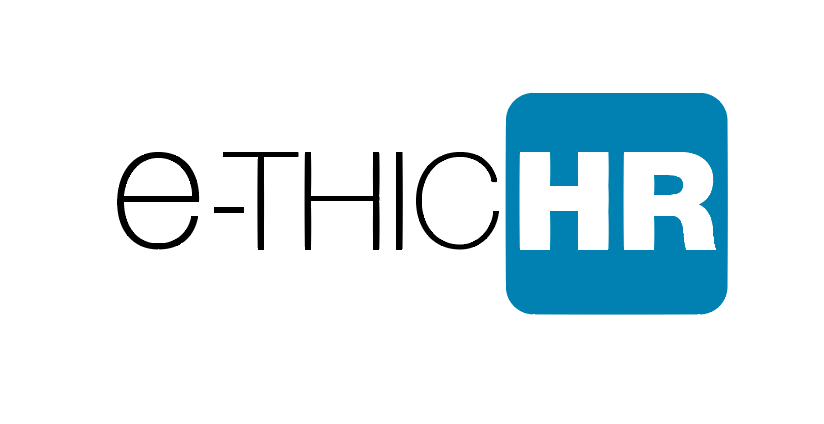Economic pressures on workers combined with a higher unemployment rate might lead you to assume that recruiting and hiring are easier during a downturn. Depending on the nature of your job openings, recruiting is not necessarily easier in a downturn, but it is different. Some of the challenges we are used to are still there and are easier to meet (e.g. fewer demands and less negotiating from candidates) but there are new challenges too. Such as:
1. Candidates Don’t want to Change Jobs
One of the biggest hiring challenges in an economic downturn is thatpassive job seekers do not want to change jobs. While you will get an increase in the number of unemployed candidates, it may be that the candidate you want for a particular position is currently working. And employed passive job seekers are much less likely to change jobs in a recession as many of them perceive changing as risky. The irony is that staying put in their current job many times is not the safest choice. For example the government’s bailout of AIG, banks, and other seemingly stable financial institutions shows us that risks are not always what they seem.
Recruiters and hiring managers today need to work to get passive candidates to overcome their fear of change. Understand what motivates the candidate and outline all the ways that the job opening is attractive specifically to them. The fact that you are recruiting and hiring now might be a point to underscore with candidates assuming you are hiring for expansion purposes; it mean something positive is happening at your company and you are secure enough to make investments for the future.
2. Qualified Candidates are Still Hard to Find
As more organizations lay-off staff and the unemployment numbers climb, recruiters are hearing from more and more people looking for work. Rather than making a recruiter’s job easier, the increase in applicants means recruiters must be more judicious than ever in culling through the information to find the right candidates. Using all the tools available – including careful resume screening, phone interviews, face-to-face meetings, and both formal and informal (i.e. back door) reference checks – is more important than ever to make sure you’re making the right choices. Recruiters must take the time and ask the right questions to determine why the candidate is out of work or seeking a new position. We also have to be savvy when checking references to avoid getting “sympathy” references that lack candid feedback.
3. Generalized Unemployment Numbers Don’t Tell the Whole Story
While the headlines will tell you that unemployment is up over last year (Editor’s note: Article is dated- Current unemployment is around 8.8% up from around six percent nationally when this article was written-scary) , unemployment amongst the type of people you are recruiting might be drastically different. For instance teenaged workers might be easy to find — according to the US Bureau of Labor Statistics, there is a 19.1 percent unemployment rate for teenagers. On the other hand, the unemployment rate for college graduates is 2.5 percent, still a relatively low level. (editor’s note: Now over 60%)
Recruiting during an economic downturn is not easier, but it is different. And, for organizations intent on finding top talent, adjustments must be made to their recruiting strategy.
By HR Toolbox
